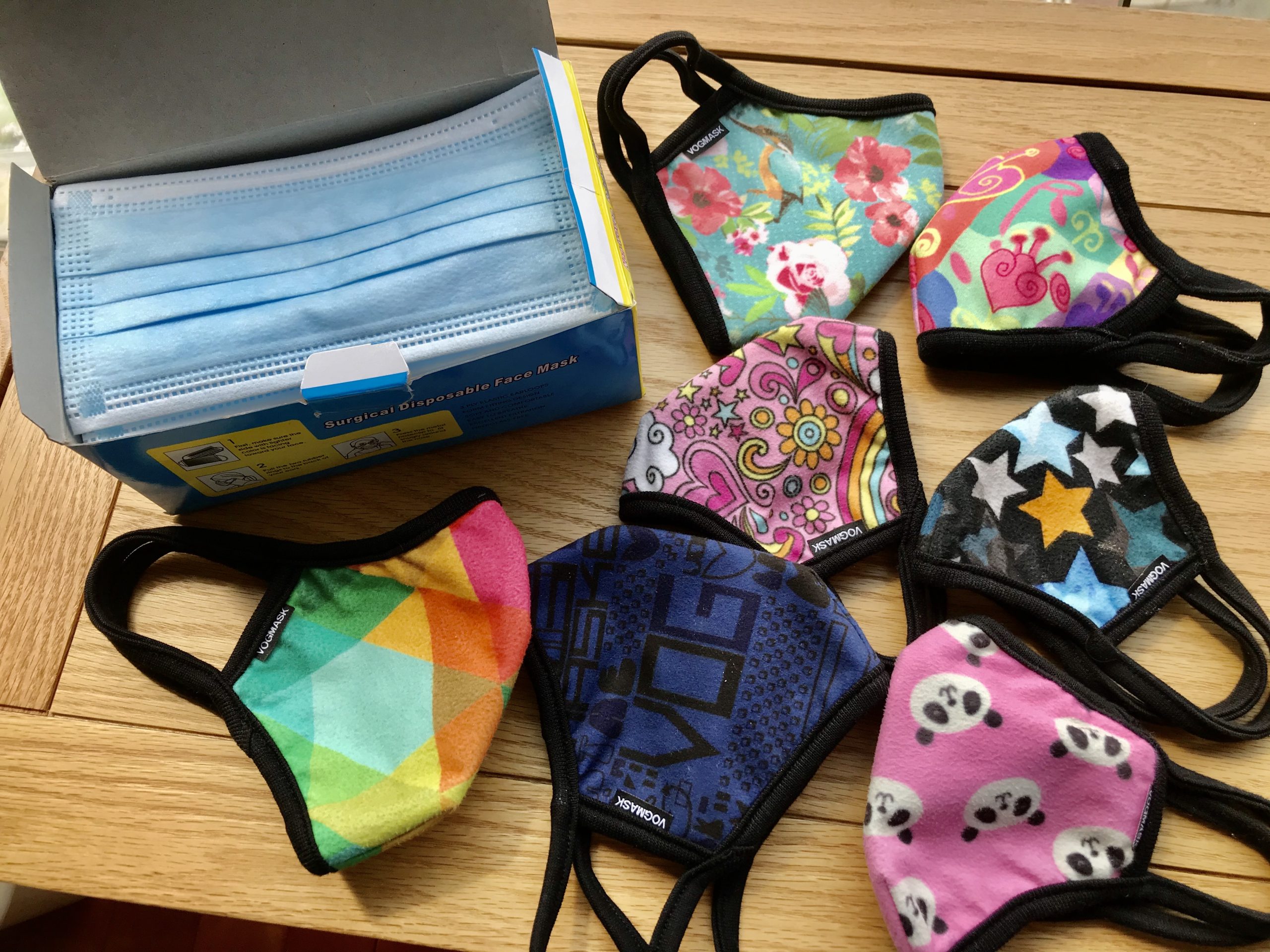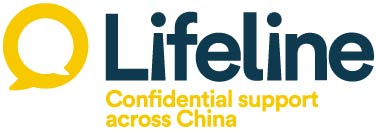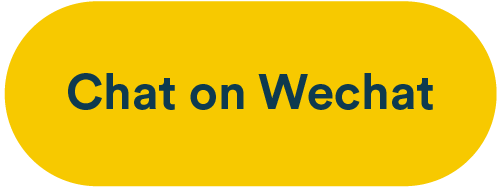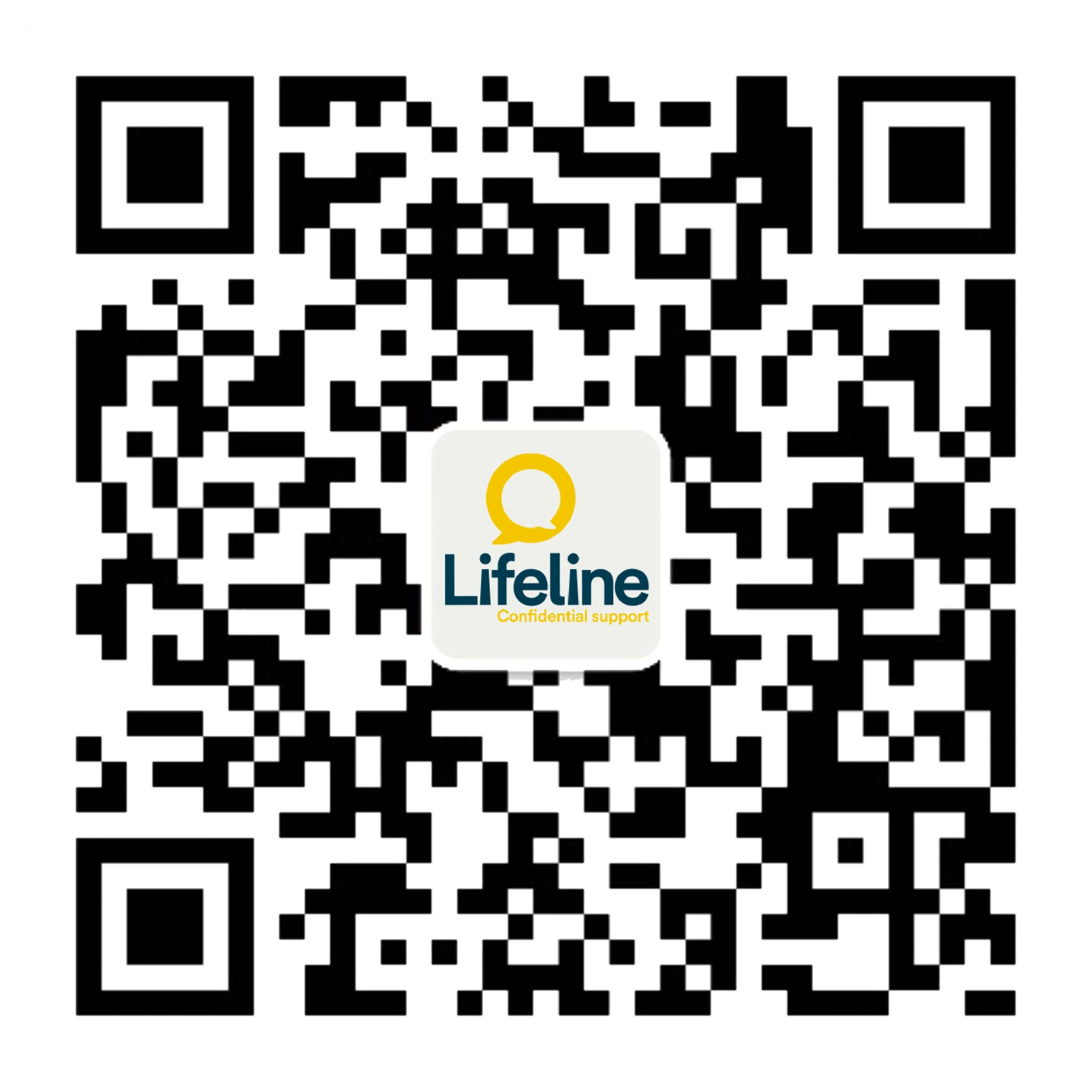
HEALTH & WELLNESS: Lessons from the Pandemic Life
By George Hu, PsyD
“It was the best of times, it was the worst of times, it was the age of wisdom, it was the age of foolishness, it was the epoch of belief, it was the epoch of incredulity, it was the season of Light, it was the season of Darkness, it was the spring of hope, it was the winter of despair, we had everything before us, we had nothing before us, we were all going direct to Heaven, we were all going direct the other way…”
-Charles Dickens, “A Tale of Two Cities”, 1859
It seems hard to believe that these are the opening words of Charles Dickens’ 1859 novel, “A Tale of Two Cities”, and not the opening words to a 2020 op-ed. I believe it is fair to say that few began this year anticipating that our expectations for 2020 would be turned upside-down. While the whole world has indeed been living through difficult times the past several months, the juxtaposition and symbiosis of suffering and hope is not necessarily a new one. I believe there are valuable lessons we can learn from the difficulty and pain of this time.
Stress Reduction as Lifestyle. “Normal life” (whatever that is) has a draining effect on our various internal resources, including the resources that allow us to tolerate frustration and regulate our emotions. Therefore, we need to develop a habit of “recharging”. However, what many neglect to do is sit down and plan these times with intentionality and regularity. These times should be scheduled in, just like exercise and social times. Additionally, there are plenty of mobile apps that can remind you at intervals throughout the day to engage in stress reduction activities, even if it’s as simple as taking a few relaxing breaths. Regularly scheduling these activities ensures that you can take some time to…
Stop and Smell the Roses. I know it sounds trite, but most people may need to slow down. Life has a tendency to run away from us, and before we know it, we have not taken the time to enjoy what we work so hard for. Try to leave time each week for self-reflection. Some good reflection questions are, “What did I achieve this week?”, “What brought me joy this week?”, “What was difficult for me this week?”, “What are my goals for next week?”, “How can I help myself next week?”, and “How can I assist/bless someone else next week?”.
Gratitude and Appreciation. Increasing a sense of gratitude can improve our mood and overall mental health. I would suggest starting a gratitude journal, either on your own or by purchasing one, such as here. Get started just by writing down (it’s important to write/type it as opposed to just thinking about it) two things, events, situations, thoughts, people (etc…) you’re thankful for each day. No repeating items, and it doesn’t matter how big or small each item is.
Distilled Perspective/Distilled Priorities. The epidemic brings to our attention a vital truth that most of us would prefer to avoid—our ability to guarantee the future is limited. We have no idea if we will get sick, and in fact ultimately have no idea when we will die. While this may sound depressing and distressing, think of it instead as an opportunity to distill the various priorities we have in our lives. Have you heard of the expression “You can’t take it with you”? Think of the various pursuits, values, and priorities in your life from the perspective of what is truly lasting. Allow this new perspective on what is important vs. unimportant, valuable vs. not valuable, or permanent vs. eternal to dictate how you spend your time and energy. Make sure that you are spending precious limited time and energy on things that truly are valuable and important to you.
Investigate the Beyond. Difficult and challenging circumstances tend to push our thoughts and awareness to the existential. If you find yourself wondering about deeper questions as to life’s meaning, existence, and the supernatural, don’t be afraid to ask these questions and investigate. Many religious or spiritual traditions discuss these questions, and this may be an opportunity to investigate the answers offered by your faith tradition, or to investigate a new one.
Investigate and Understand the Dynamics of Privilege and Oppression. The COVID-19 pandemic has brought much to light, including vast socioeconomic disparities regarding access to healthcare services, supplies, and more. This epidemic did not occur in a vacuum—it occurred in a world with pre-existing oppression and injustices rooted in dynamics of power and privilege that have negatively affected many in this world for millennia. Perhaps this is a time when we can all educate ourselves regarding the dynamics of social injustice, and how our communities around the world have been affected. One good resource is www.tolerance.org.
Practice Compassion and Understanding. Psychological science demonstrates that engagement in activities focused on others can be a beneficial coping mechanism. Try this together as a family—identify who in your community may be in need of assistance, and discuss how you can assist others physically, emotionally, financially, or spiritually.
During this pandemic, baseline anxiety and tension levels are high all around the world, and most everyone’s frustration tolerance abilities have been impacted. Emotions can be easily inflamed, even ones that apparently have nothing to do with COVID-19 or the quarantine. All the more, it is important for those of us who are privileged with good health, access to healthcare resources, economic safety nets, or social standing to practice compassion and empathy for those who may not be privileged in the same way.
This time also highlights the importance of a skill we too often neglect—the ability to listen. Especially to those who believe differently or have ideologies that differ from yours. Like any skill, the skill of listening well takes practice, and most do not possess this skill naturally. It must be cultivated, encouraged, consciously practiced, and opportunities to utilize this skill need to be actively sought out. Invite others to share their experiences, pains, hurts, victories and beliefs with you, so that you can practice the compassionate art of listening.
Dr. George Hu is an American clinical psychologist and the Chief of Mental Health at Shanghai United Family Pudong Hospital. He is also the President of the Shanghai International Mental Health Association. For appointments, please call 4006393900, 24 hours a day.



